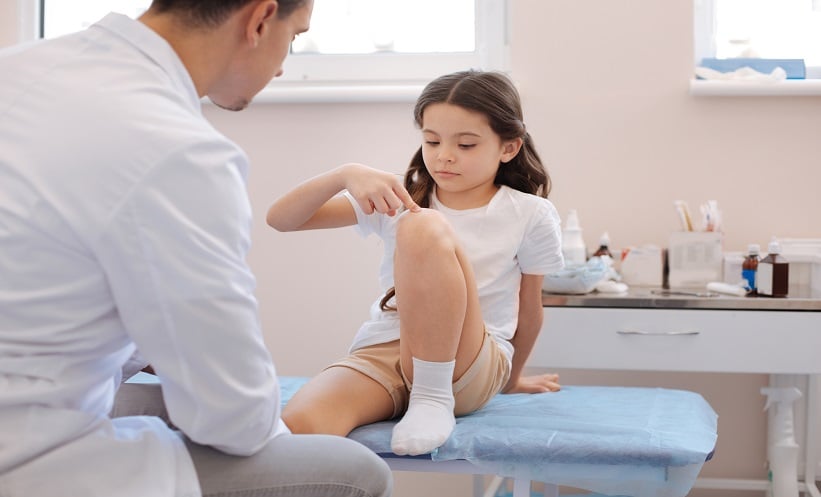RHEUMATOLOGICAL diseases can affect individuals from childhood, with juvenile idiopathic arthritis (JIA) being the most common. It is essential to raise awareness of childhood arthritis and ensure an effective transition from paediatric to adult care for young patients. The European Alliance of Associations for Rheumatology (EULAR) addressed childhood arthritis at its 2024 congress in Vienna.
Community awareness that children and young people can develop arthritis is low, leading to delays in diagnosis, worse clinical outcomes, and societal issues such as stigma and isolation. Raising awareness is crucial to combat these problems and improve the lives of those with JIA. Juvenile Arthritis Research is a UK-based patient organization that undertakes various projects to raise awareness and support JIA patients and their families. These efforts have reached thousands and aim to reduce diagnostic delays and alleviate loneliness and stigma. Many of these projects are low-cost and can be replicated elsewhere. Presenter Rebecca Beesley stated, “taking innovative approaches can deliver key messages to the community, supported by high-quality and verified clinical information.”
However, awareness and diagnosis are just the beginning of the journey for those with childhood arthritis. New research from Italy examines the transition from paediatric to adult healthcare, a critical phase in an adolescent’s development. This research, based on a survey of patients aged 14 to 20 and their caregivers, was presented at EULAR 2024 by Matteo Santopietro. He highlighted that one of the main obstacles families and patients face during this transition is the lack of clear information about the process. He noted, “there is often unstructured communication between the two doctors, and a risk of interruptions in therapeutic continuity.”
The results showed that up to 30% of caregivers felt they did not have complete information about the transition process. For patients, three critical areas were identified: bureaucratic aspects that make the transition excessively long, insufficient communication and coordination between paediatric and adult doctors, and the emotional or psychological challenge of adapting to new medical environments and taking increased responsibility for their own health, which made patients feel isolated.








